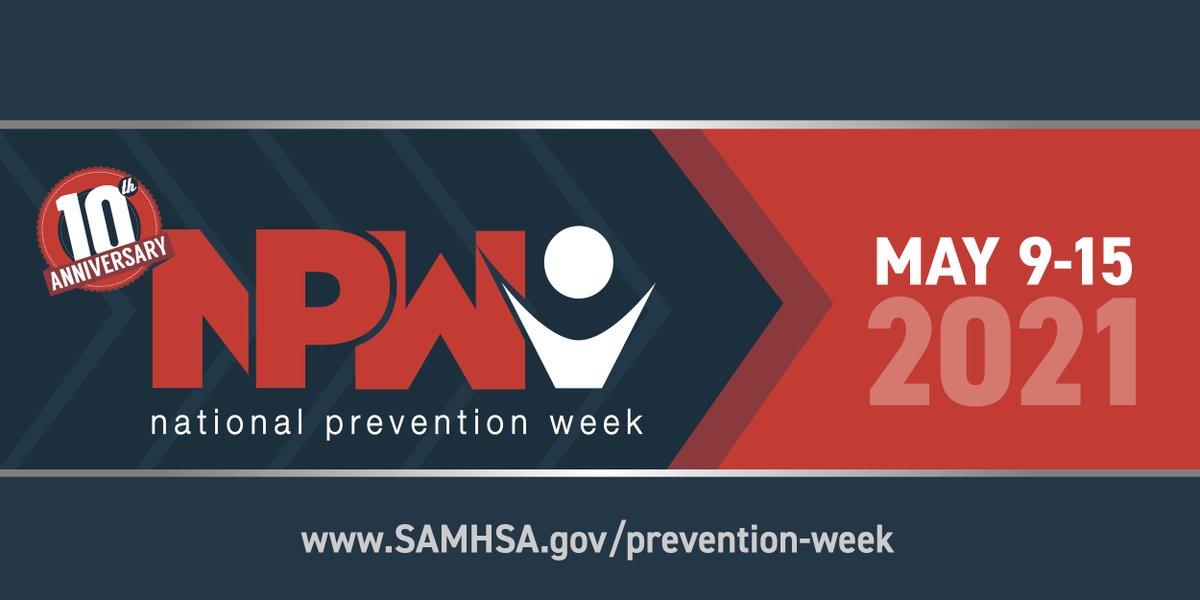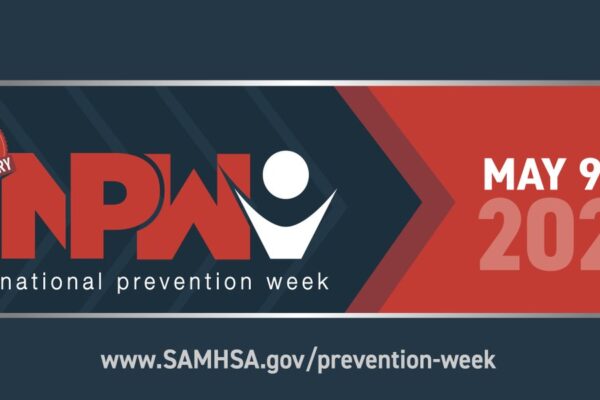
By Dona Dmitrovic, Director, Center for Substance Abuse Prevention
The global coronavirus pandemic has forced us to learn new ways of doing many things. Employees in some job sectors learned to work from home, while others had to find entirely new sources of income. Parents learned to be teachers for their kids, while teachers themselves learned to do their jobs in less-than-ideal remote environments. We figured out how to use technology to celebrate birthday parties, host award shows, and even conduct a presidential inauguration.
One thing we can do to benefit ourselves as a nation is talking with friends, family, and neighbors about underage drinking and adult problem drinking prevention.
According to the 2019 National Survey on Drug Use and Health, 54.3 percent (or 18.3 million) people ages 18 to 25 and 55 percent (or 119.1 million) people ages 26 or older drank alcohol in the past month. Alcohol misuse stays under the radar in our society, especially when it comes to the alcohol use of adults. After all, it’s a legal substance for those over age 21 and so many American adults drink socially and responsibly. Others, however, develop alcohol use disorders, and it can be difficult to determine how and whether to intervene.
SAMHSA’s Center for Substance Abuse Prevention (CSAP) has resources to help facilitate these conversations.
Many of our key initiatives—such as Communities Talk to Prevent Underage Drinking and “Talk. They Hear You.”—are focused on keeping alcohol out of the hands of children and young adults. This is an important age group because alcohol use patterns that start early can last a lifetime. Early initiation of drinking is associated with development of an alcohol use disorder later in life.
But we know that the problem of alcohol misuse goes well beyond this age group. In the era of COVID-19, we’ve seen increases in alcohol use that appear to be linked with pandemic-related stress. Among adults ages 18 and older, 13.3 percent (1 in 10) reported that they started or increased substance use to cope with stress or emotions related to COVID-19. Of course, the pandemic is just one among many factors that is likely contributing to these increases.
According to findings in December 2020 by the Drug Abuse Warning Network (DAWN)—a nationwide public health surveillance system administered by SAMHSA’s Center for Behavioral Health Statistics and Quality—96 percent of reported alcohol-related emergency department (ED) visits between January and August that were due to only alcohol misuse involved those 21 years old or older. Interestingly, alcohol was the most common substance involved in substance-related ED visits (45.1 percent).
The realities indicated by the data are troubling and they demand action. SAMHSA and its partners and the thousands of prevention professionals across the country are committed to making a difference across the populations who misuse alcohol.
We know that while prevention often begins with a conversation, it must go even further. It involves the choices we make for ourselves, in support of those closest to us and our entire communities. It involves looking at the science and the evidence to develop and implement prevention activities in which everyone can a play role. And while the energy may be a little different if such activities take place virtually, there is a lot we can achieve by expanding the universe of ways we “live” prevention.
We’ve learned how to keep substance misuse prevention—including underage drinking prevention—alive and well despite social distancing guidelines. The prevention of problem drinking among all adults calls for the same level of innovation and tenacity.
National Prevention Week (NPW)—which is celebrating its 10th anniversary this year—gives us an opportunity to promote collective strategies that work in communities. And when reflecting on the NPW activities over the last 10 years, I’m reminded that prevention is for everyone.
With today’s NPW focus on preventing underage drinking and alcohol misuse, it’s a good time to reinforce all the ways we can move prevention forward across age groups.
If you or someone you know is experiencing alcohol misuse, no matter their age, I encourage you to connect with the National Drug and Alcohol Treatment Referral Routing Service, available at 1-800-662-HELP (4357). This service is confidential and free to use.
We know the risk factors. We know the symptoms. And we know the serious and potentially life-altering consequences of alcohol misuse. We should be quick to openly address the realities associated with problem drinking among adults by speaking up when someone we know may be misusing alcohol, encouraging candid conversations about the issue and implementing adult-focused prevention strategies in our communities.
